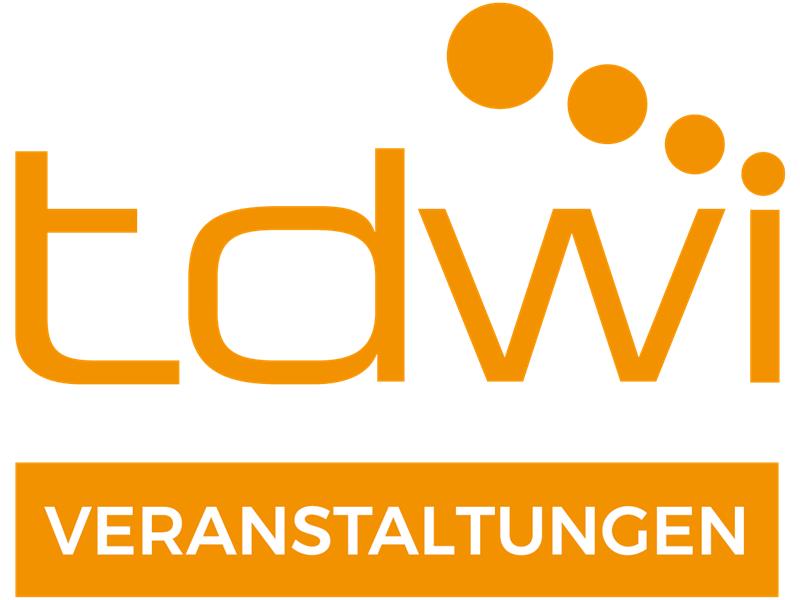Die im Konferenzprogramm der TDWI München 2024 angegebenen Uhrzeiten entsprechen der Central European Time (CET).
Privacy-Aware Retrieval Augmented Generation
In this talk, we delve into the emerging field of applying large language models in the industry with focus on different techniques of augmenting large language models while preserving confidentiality of data that is used for additional context.
In this talk we will explore the fundamentals of RAG, its implications for privacy-preserving data handling, and practical considerations for its implementation on a real usecase.
Target Audience: machine learning engineers, data scientists, data engineers, privacy officers, software engineers, product owners
Prerequisites: Basic knowledge about large language models
Level: Advanced
Extended Abstract:
The rapid advancement of language models has brought in unprecedented capabilities in text generation, comprehension, and interaction. However, as these models become more integrated into industry applications, the tension between leveraging vast amounts of data for improved performance and ensuring the privacy of that data has intensified. This presentation delves into the practical application of Retrieval Augmented Generation (RAG) as a novel solution to this challenge, focusing on its implementation within large language models to balance data utility with confidentiality.
Retrieval Augmented Generation (RAG) combines the generative powers of large language models with the precision of information retrieval systems. By fetching relevant information on demand and incorporating it into the generation process, RAG models can produce more accurate and contextually relevant outputs. This technique not only enhances the model's utility by broadening its knowledge base but also introduces a mechanism for controlling the exposure of sensitive data.
The core of our discussion will center on the technical underpinnings of RAG, detailing how it retrieves information and the algorithms that govern its integration with generative models. We'll examine the architecture required to facilitate this interaction, the processes for indexing and retrieving content, and the methodologies for ensuring that the retrieved data does not compromise privacy.
Furthermore, we'll present a case study demonstrating RAG's application on a real project. This example will illustrate how RAG can be tailored to specific privacy requirements and regulatory standards, showcasing its versatility and effectiveness. We will also discuss the challenges faced during these implementations.
CTO
Krešimir Musa is currently responsible for technology strategy and consulting services in CROZ, with a special focus on providing AI related services to the enterprise clients in DACH and CEE regions. He has been working in software development, project and product management, and consulting services for more than 20 years. His background includes experience in different roles in software development projects (software developer, software architect, project manager, project director, agile coach,…), as well as leadership, organizational change, and process optimization. Over the years he collaborated with various clients and partners in different business domains – mostly government, financial and telco.
Throughout his career in CROZ, he takes part in building and sustaining a professional IT services organization, and has been part of its leadership, supporting the growth from 20 to more than 200 people. The professional IT services organization in CROZ provides services for enterprise customers both locally and internationally (CEE region, UK, Germany, Middle East,…), and is constantly evolving its services portfolio (software development and architecture, complex integrations, cloud-native, microservices, DevOps, methods and process consulting and coaching, lean & agile, testing, IBM and RedHat software and platforms, IBM mainframe…).
His current focus is on building and expanding consulting services offering in CROZ, mostly related to digital platforms (Cloud Native, DevOps, AI, MLOps, API management strategy, Lean & Agile).


